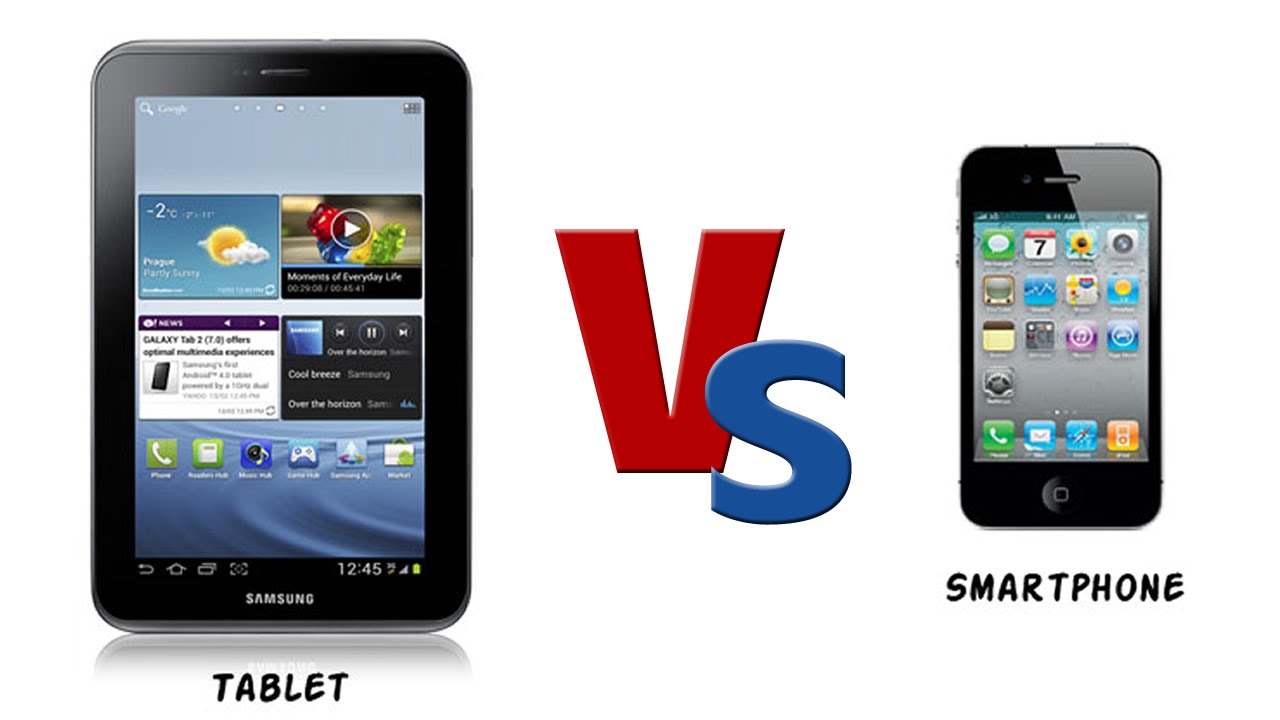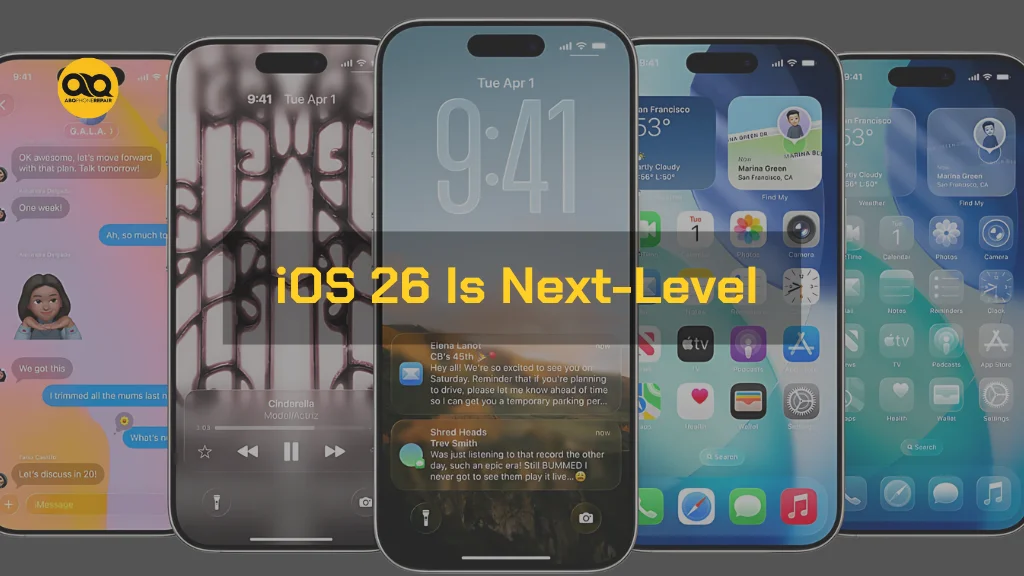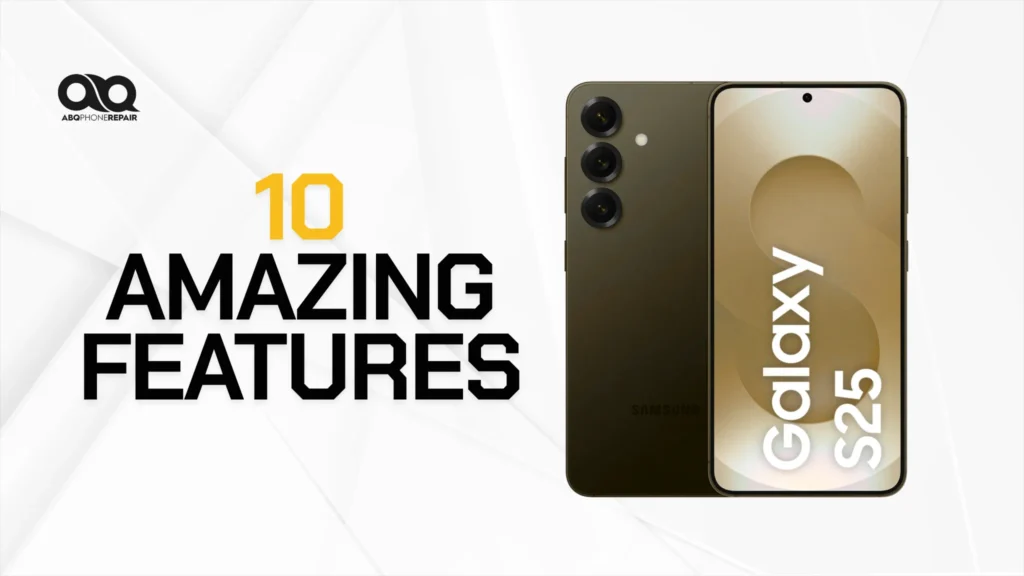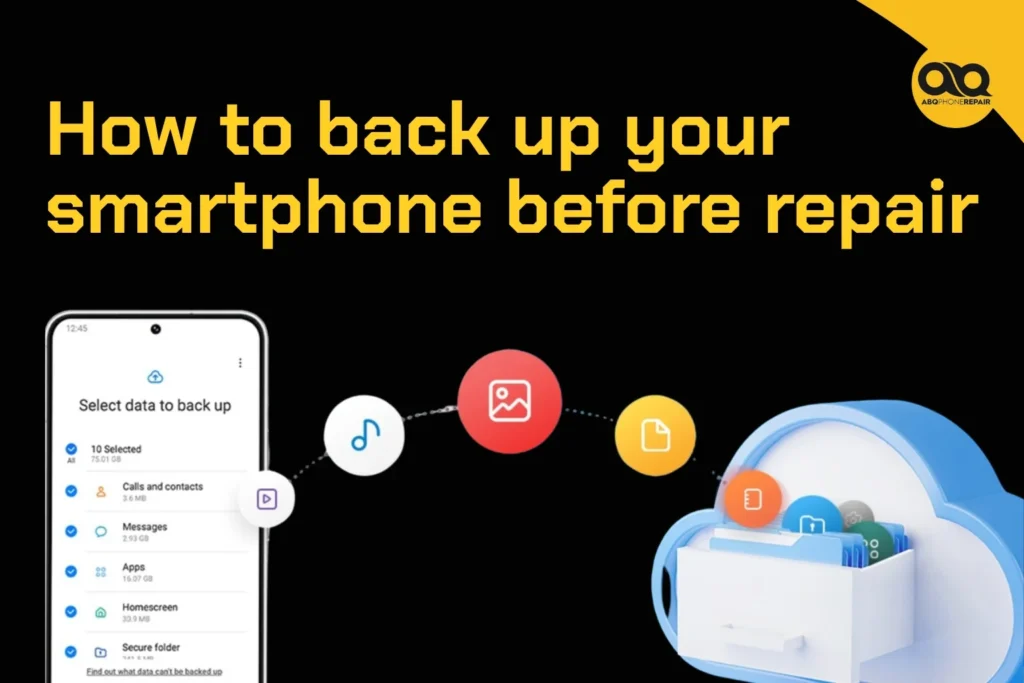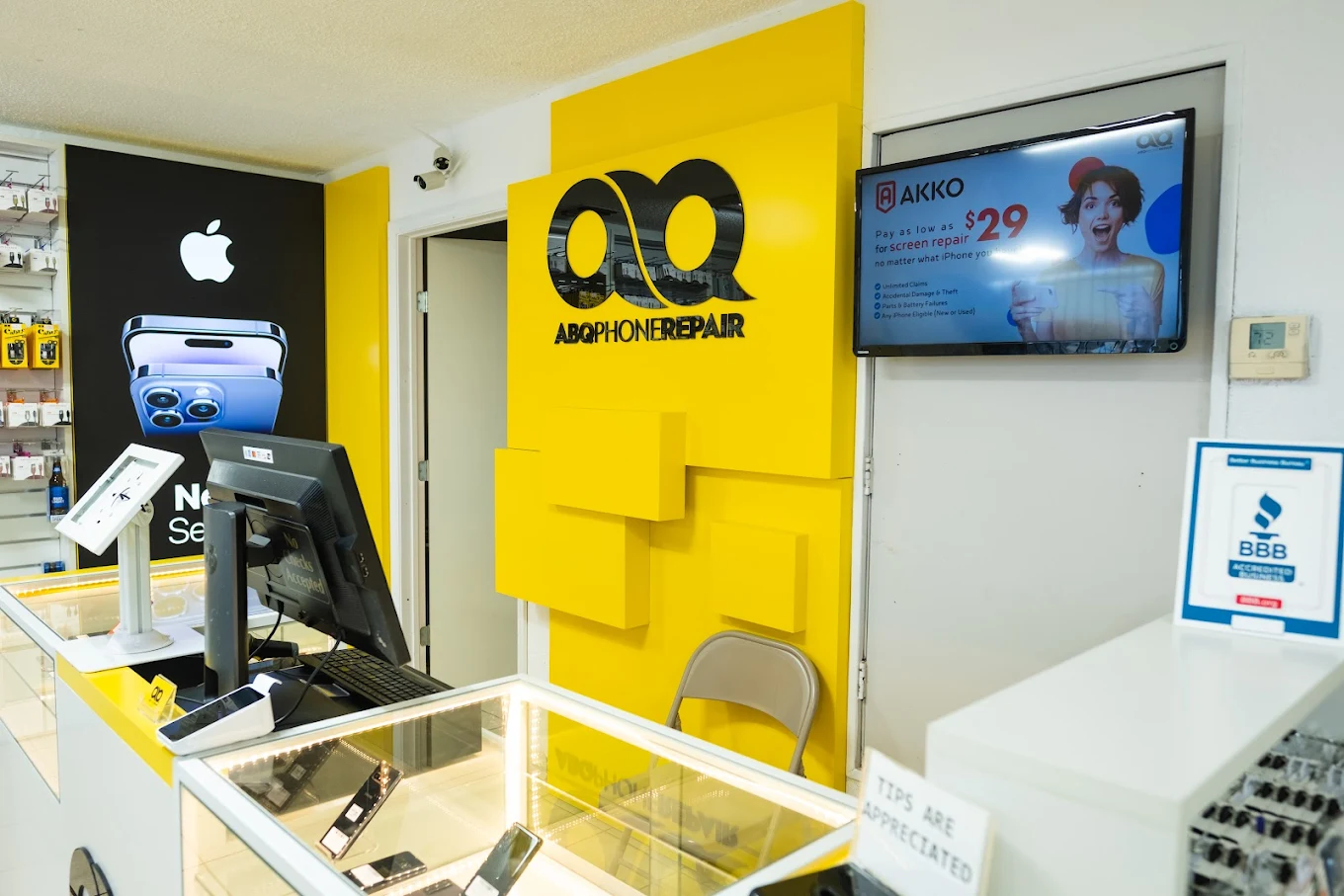With the rise of digital learning, students often face the dilemma of choosing between a tablet and a smartphone for studying. A 2022 study by the Pew Research Center found that 58% of students prefer tablets for educational purposes due to their larger screens and improved multitasking capabilities, while 42% opt for smartphones for their portability and convenience. Both devices offer portability, internet access, and learning tools, but which one is the better choice for academic success? In this guide, we compare their features, advantages, and ideal use cases to help students make an informed decision.
At ABQ Phone Repair & Accessories, a trusted mobile device repair shop in Albuquerque, NM, we’ve helped hundreds of students keep their tablets and smartphones in top shape. Whether you’re using a device for online classes or note-taking, choosing the right one and keeping it working is essential.
Feature Comparison: Tablets vs. Smartphones
To provide a more in-depth analysis, let’s look at real-world applications of these devices in academic settings. A 2021 study from the Education Technology Journal found that 68% of university students use tablets for research and note-taking, while 72% of high school students rely on smartphones for quick information access. Furthermore, case studies from online learning platforms like Coursera and Udemy reveal that students using tablets tend to complete longer, more detailed coursework compared to those using smartphones. Below is a detailed comparison of their features:
Feature | Tablet | Smartphone |
Screen Size | Larger display (8-12 inches) for better readability | Smaller screen (4-7 inches), harder to read for long periods |
Battery Life | Longer battery life, ideal for extended study sessions | Generally shorter battery life, requires frequent charging |
Portability | Less portable due to size but still lightweight | Extremely portable, fits in pockets |
Multitasking | Better multitasking with split-screen features | Limited multitasking, smaller screen restricts productivity |
Typing Experience | Compatible with external keyboards for easy typing | Typing on smaller screens can be challenging |
App Compatibility | Supports a wide range of study and productivity apps | Also supports study apps but may lack advanced tools |
Key Considerations for Students
1. Reading and Note-Taking
- Tablets: Ideal for reading e-books, PDFs, and lecture slides due to their larger screens. Many come with stylus support for handwritten notes.
- Smartphones: Convenient for quick reading but not ideal for extensive studying due to smaller screens.
2. Multitasking and Productivity
- Tablets: Offer split-screen functionality, allowing students to watch lectures while taking notes.
- Smartphones: Limited multitasking ability due to smaller displays, making it harder to switch between apps efficiently.
3. Online Classes and Video Calls
- Tablets: Provide a more immersive experience for attending online classes and taking notes simultaneously.
- Smartphones: Can be used for video calls, but the small screen size makes multitasking difficult.
4. Typing and Writing Assignments
- Tablets: Can be paired with external keyboards for comfortable typing, making them suitable for writing essays and assignments.
- Smartphones: Typing long documents on a small screen can be cumbersome and inefficient.
Which One Should You Choose?
Experts suggest that the choice between a tablet and a smartphone largely depends on a student’s study habits and academic needs. According to Dr. Jane Roberts, an educational technology researcher, tablets are more beneficial for students who engage in long-form reading, extensive note-taking, and multitasking. On the other hand, Dr. Mark Evans, a digital learning specialist, highlights that smartphones are a great option for students who require quick access to information, real-time communication, and portability.
- Choose a Tablet If: You need a device for extensive reading, note-taking, multitasking, and typing assignments. Studies indicate that students using tablets for research tend to retain more information compared to those using smartphones.
- Choose a Smartphone If: You need a compact device for quick reference, communication, and light studying on the go. Research suggests that students who study in short bursts throughout the day find smartphones more convenient.
Final Verdict
Both tablets and smartphones have their own strengths and weaknesses. For students who prioritize studying efficiency, a tablet is generally the better choice due to its larger screen, enhanced multitasking capabilities, and improved productivity features. However, smartphones remain valuable as supplementary devices for quick access to information and communication on the go. If you use a smartphone like the iPhone 14 for studying or daily tasks, it’s wise to protect your device. Using a screen protector for iPhone 14 can help safeguard your phone’s display from scratches and accidental damage, ensuring it stays in top condition.

